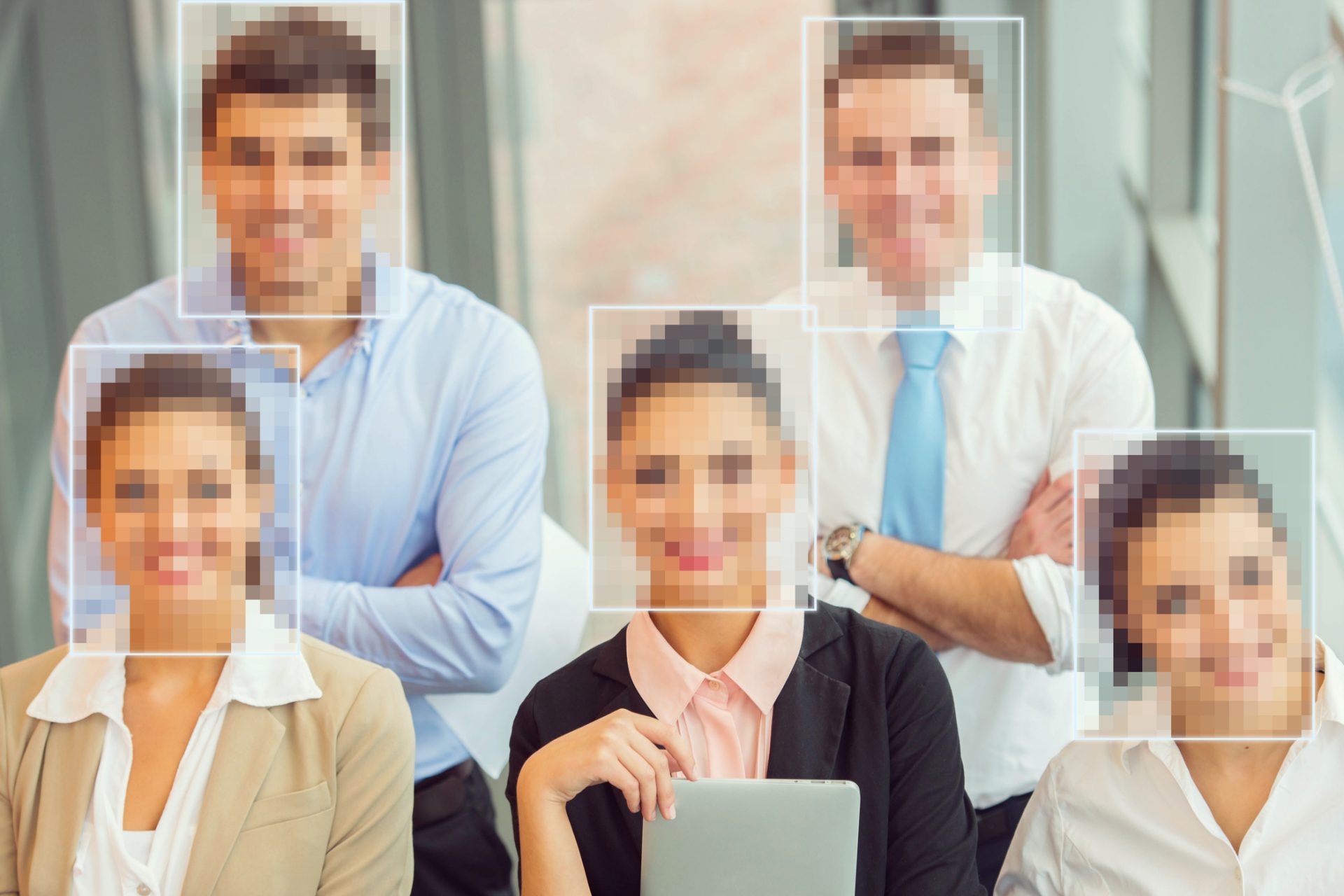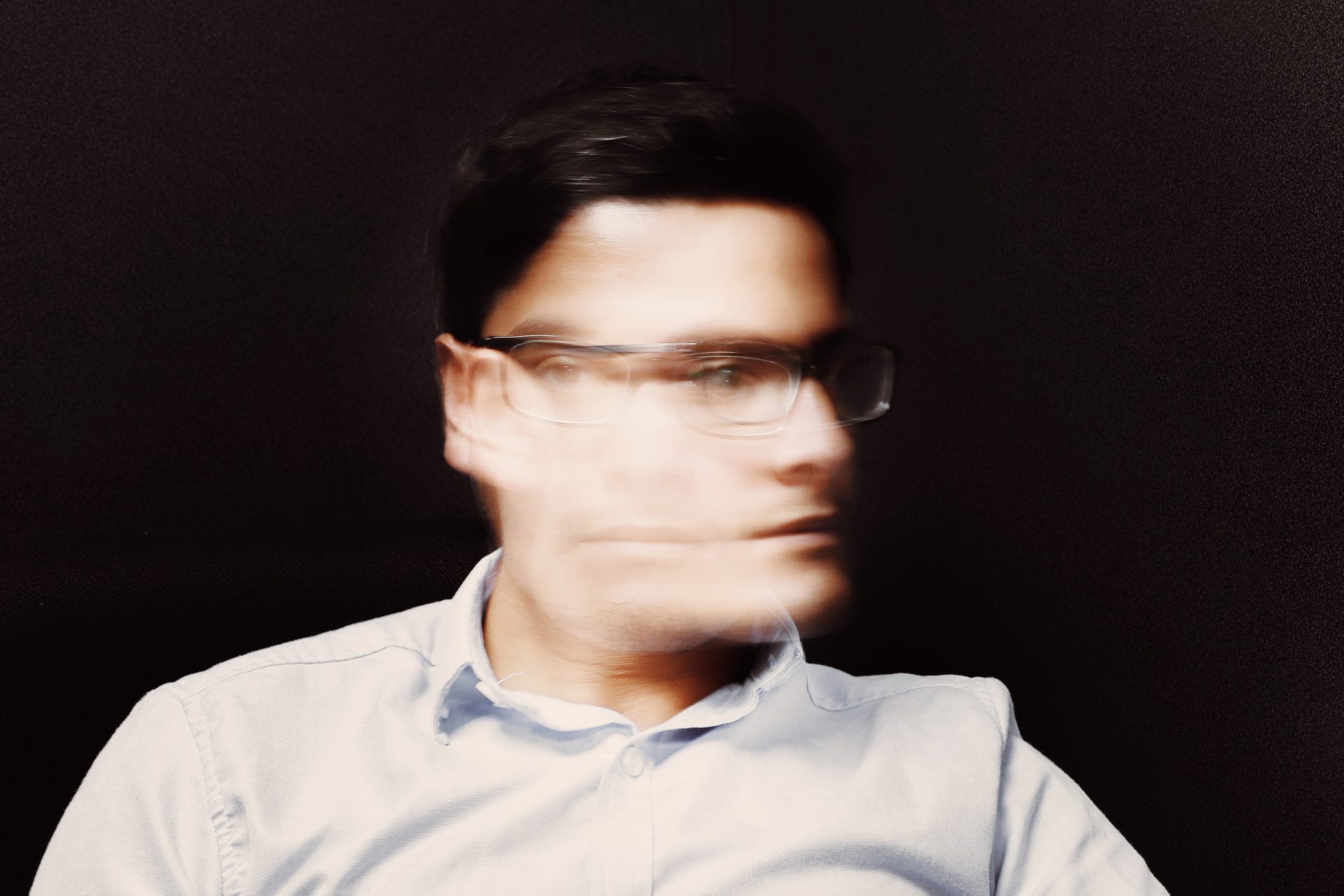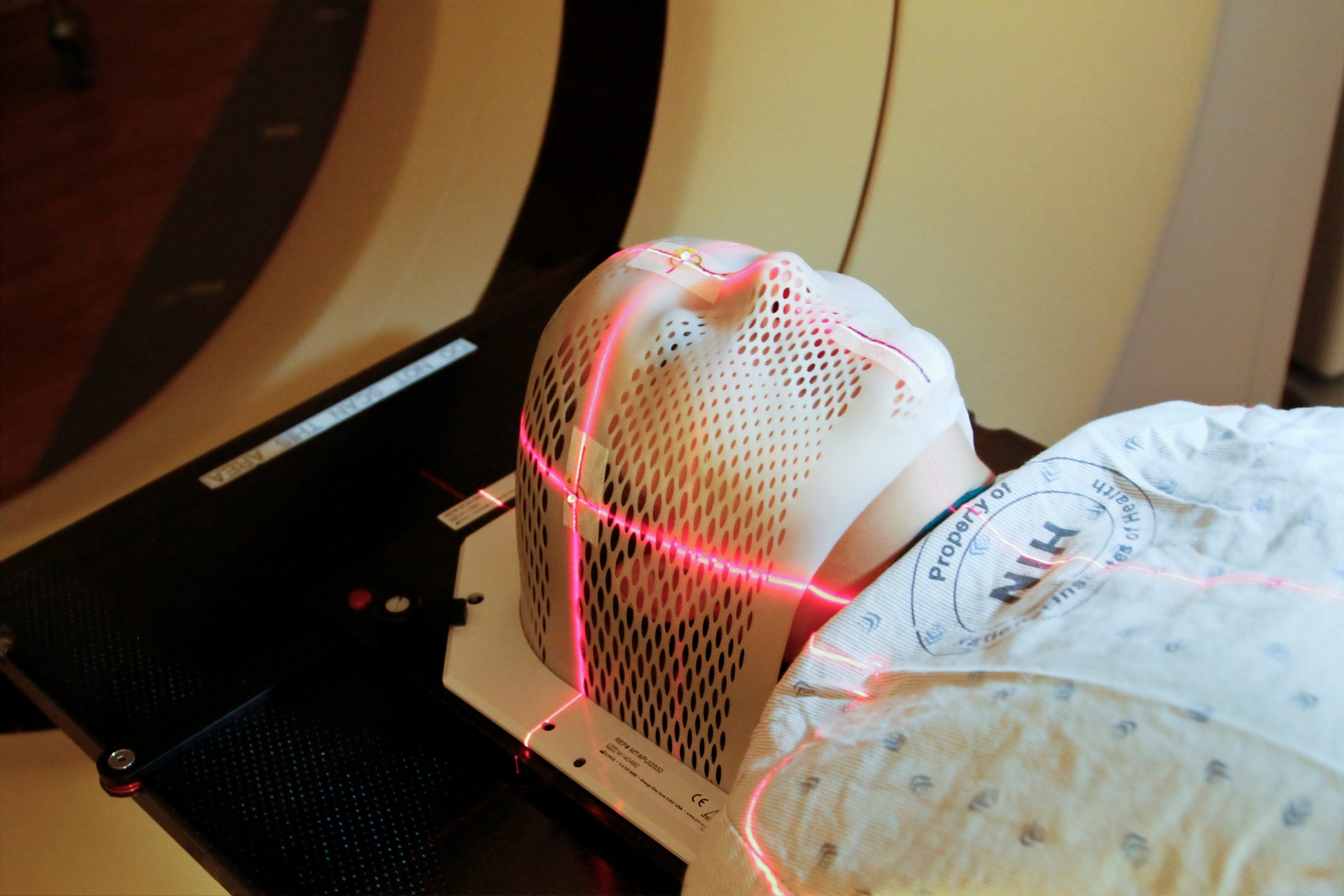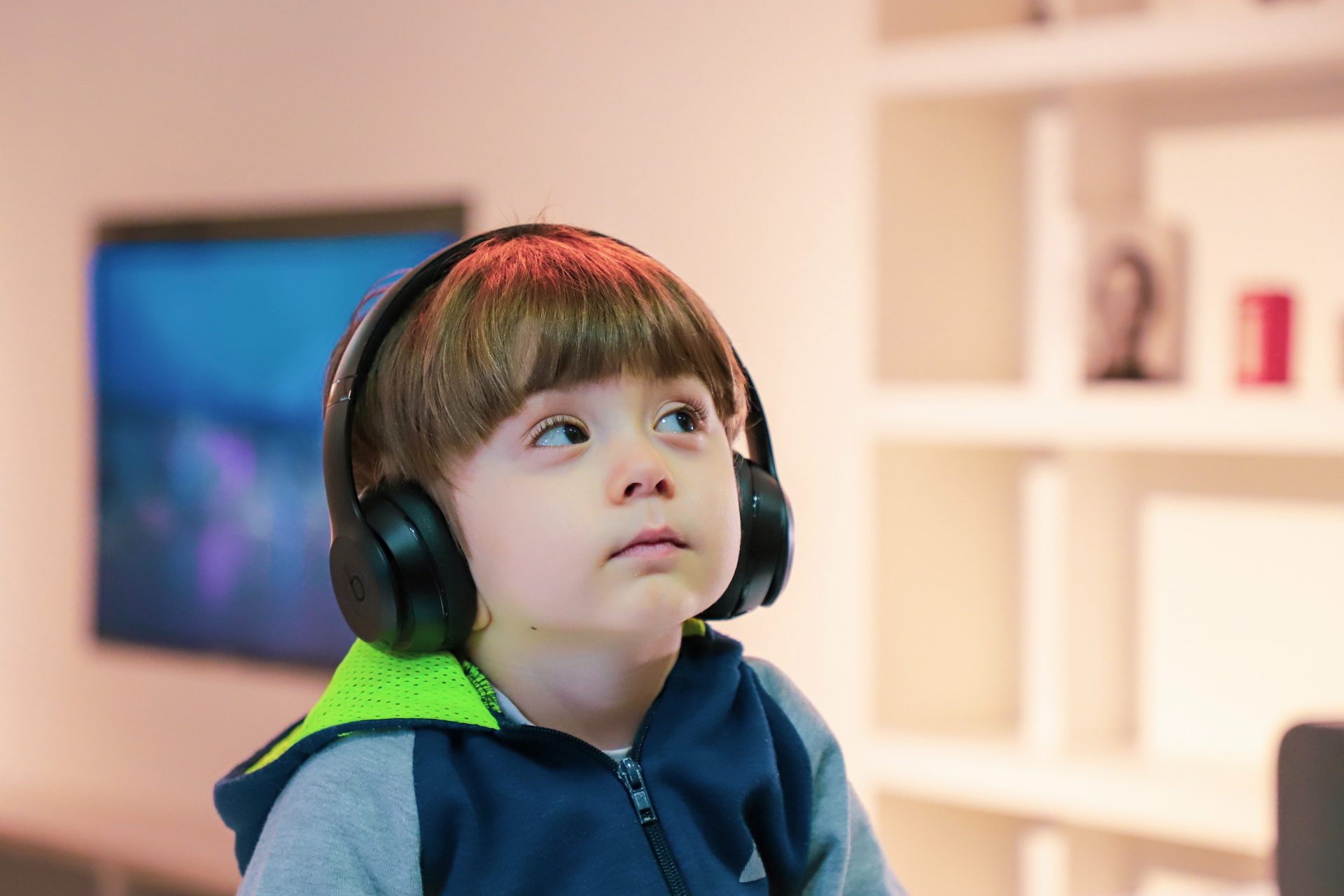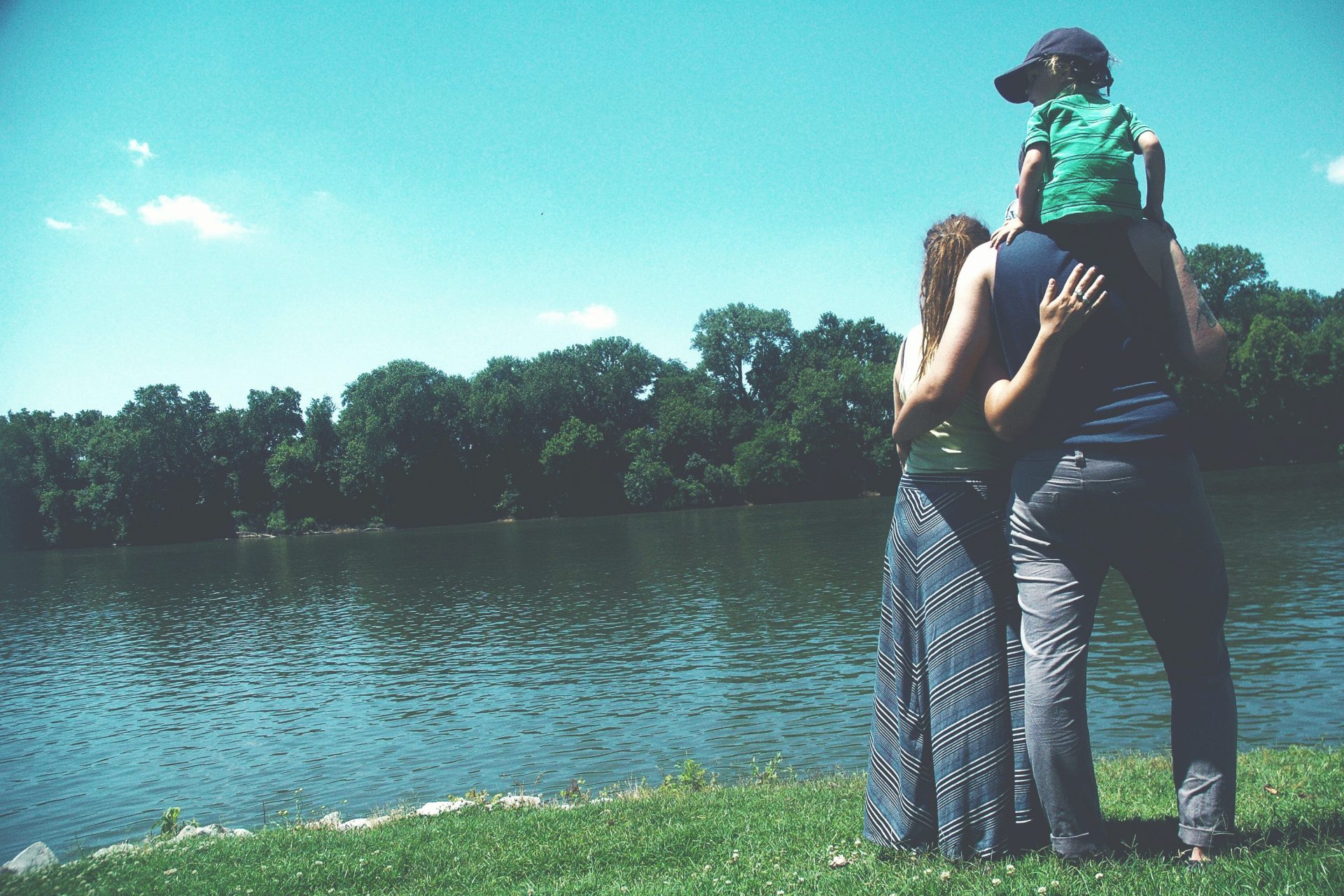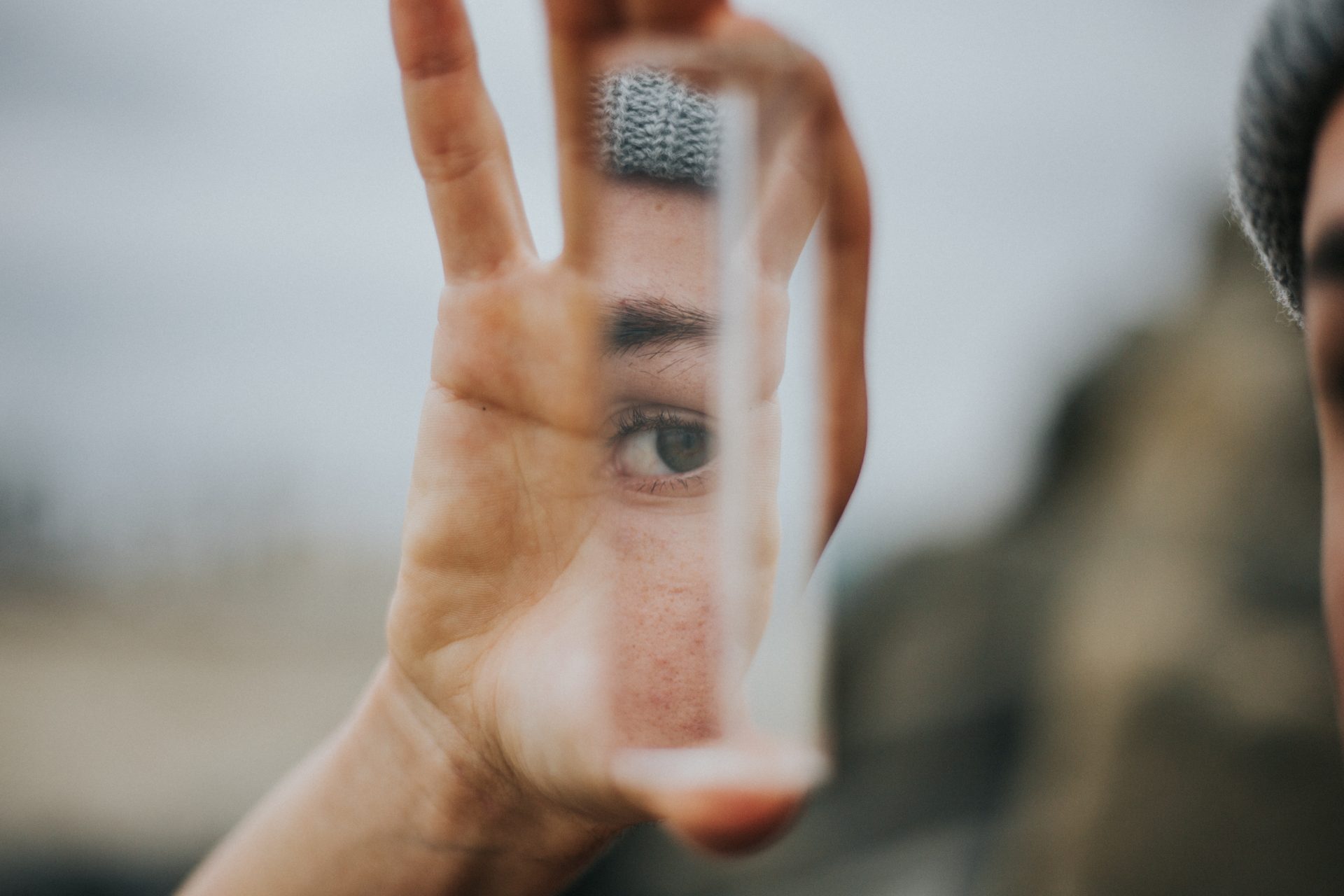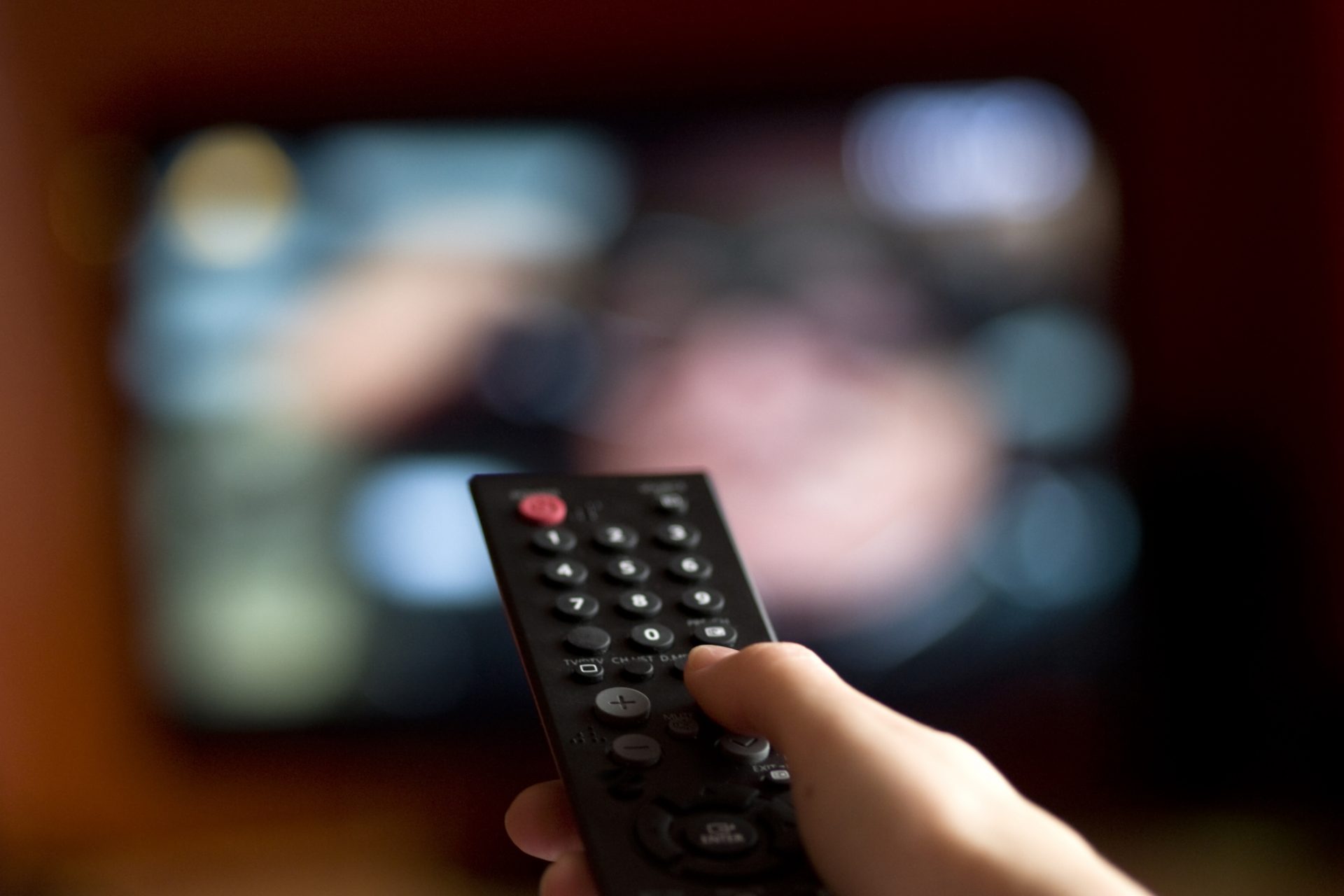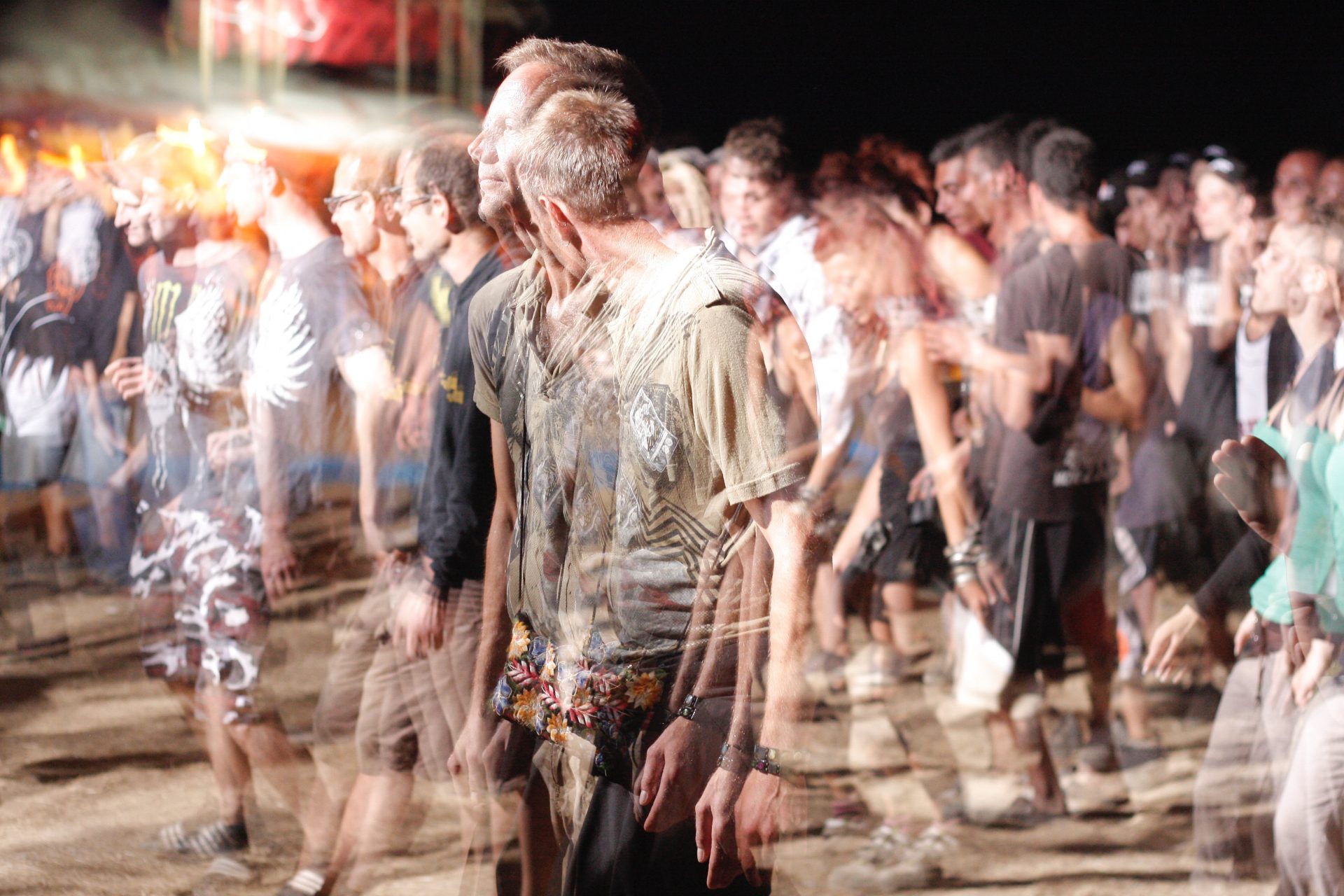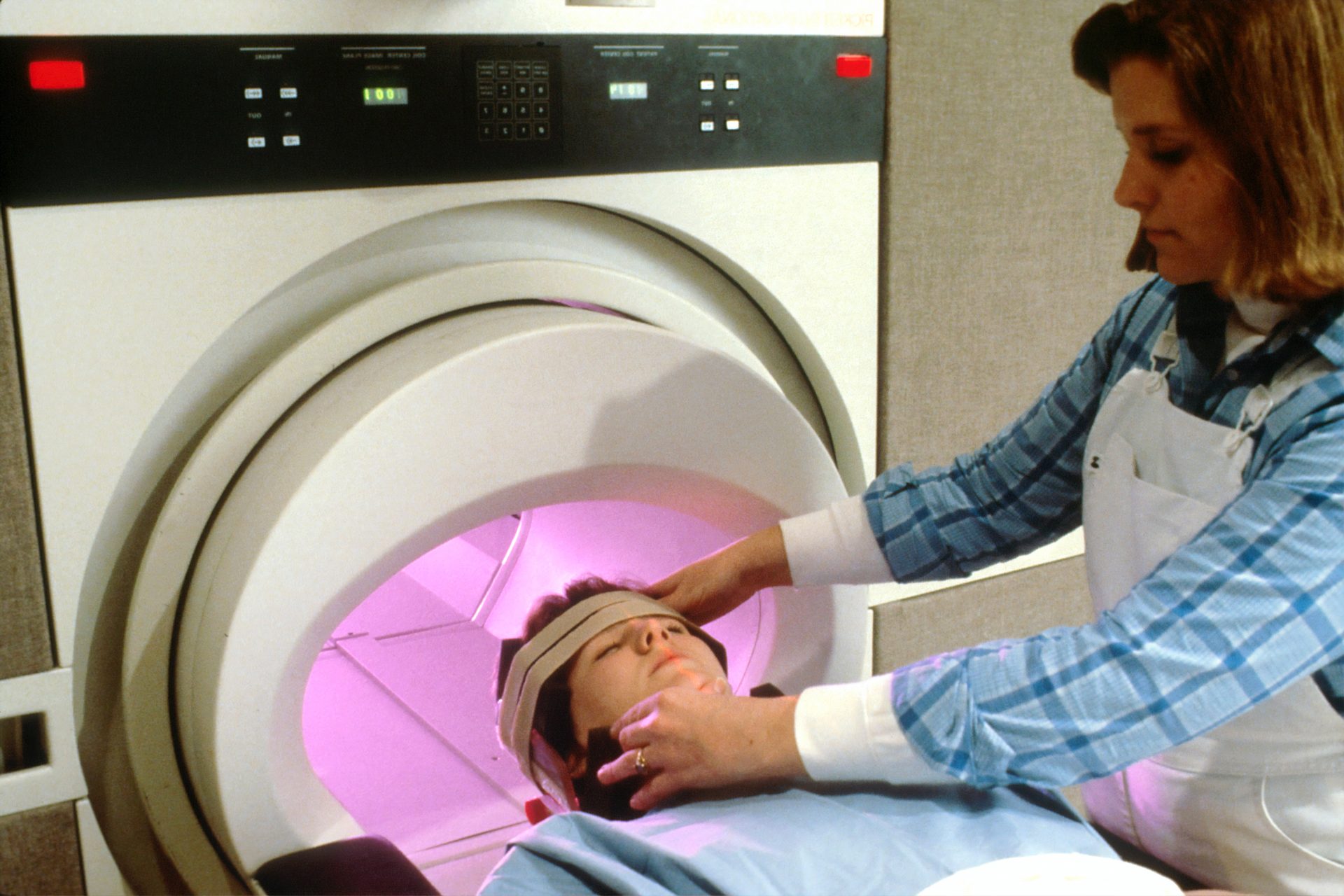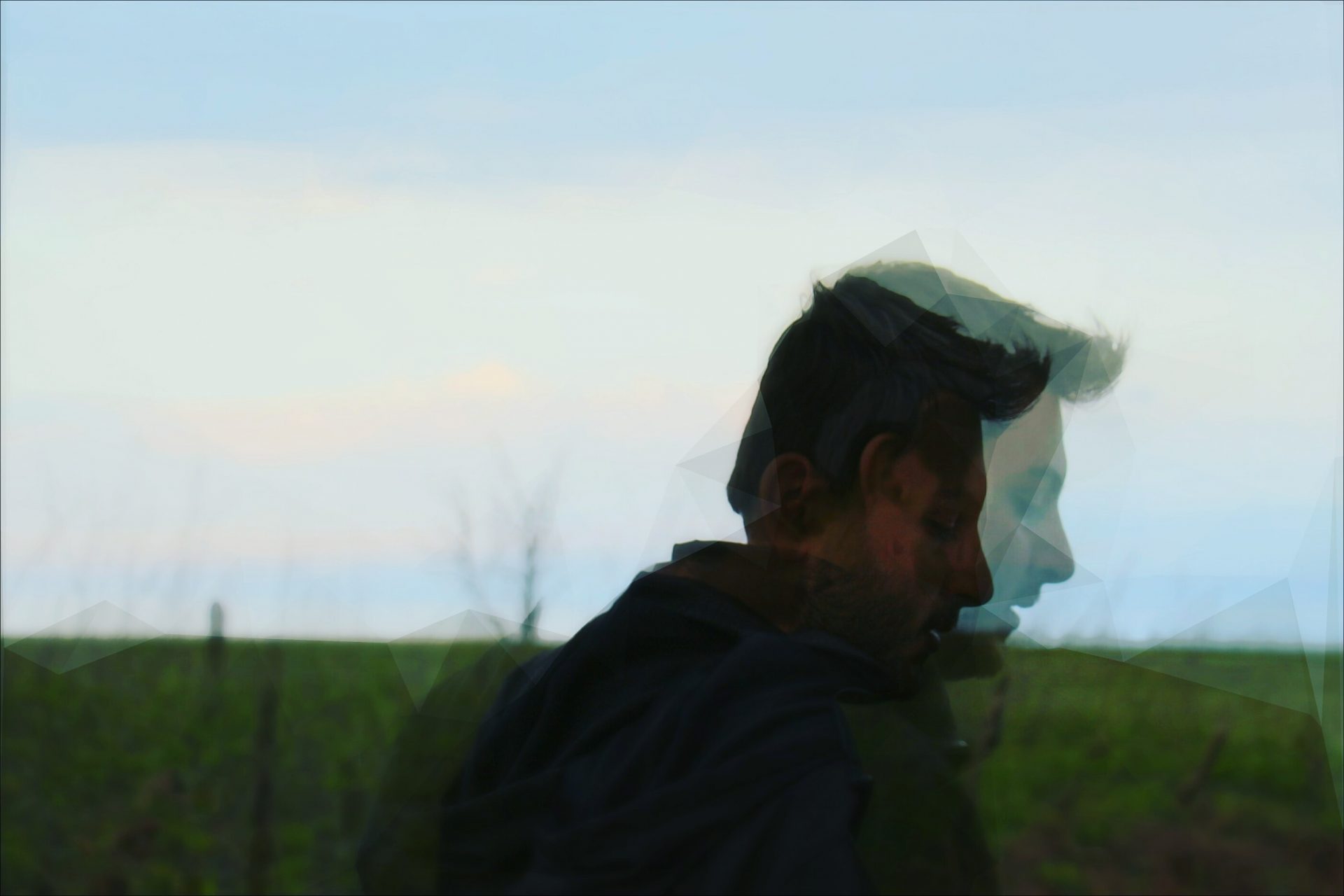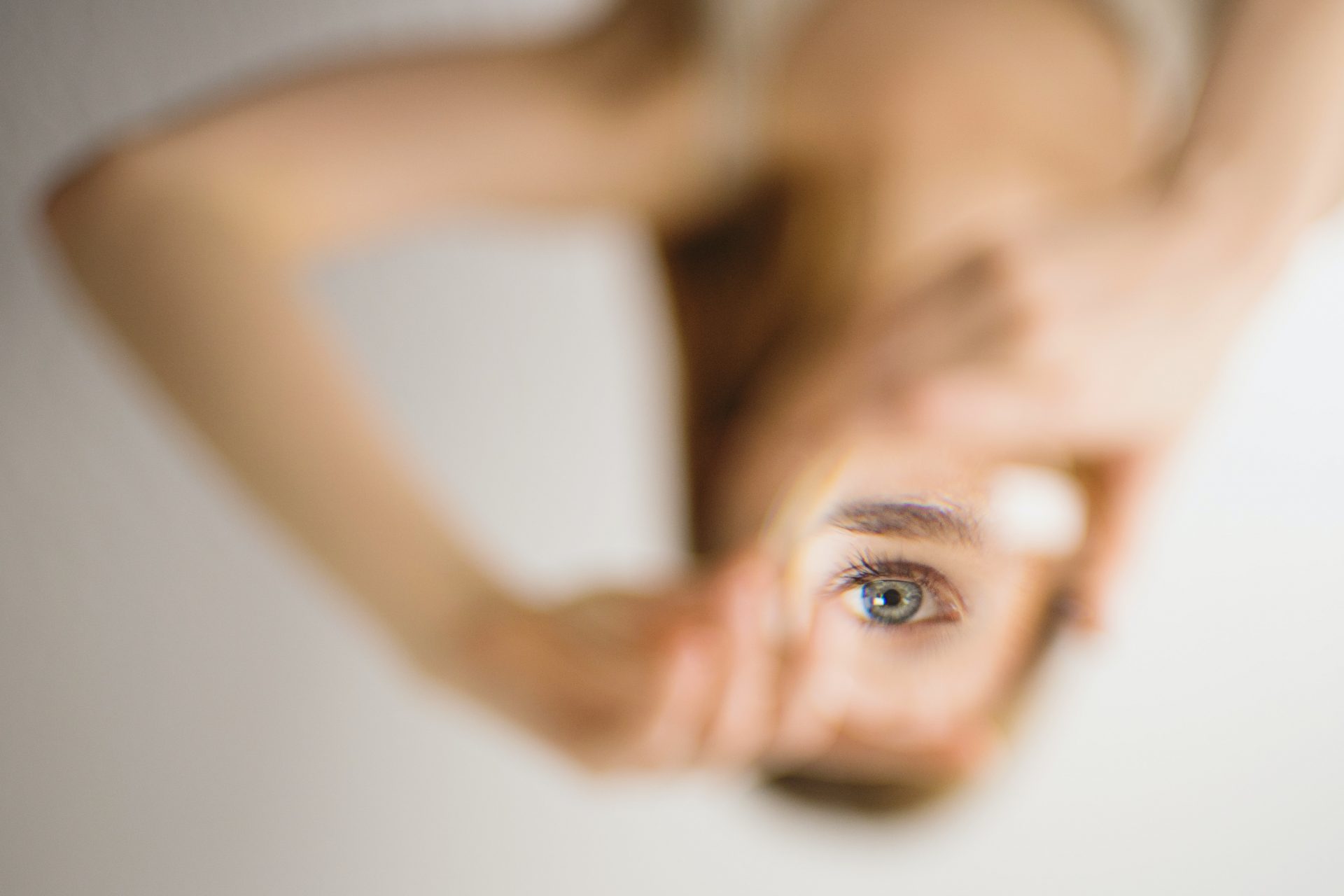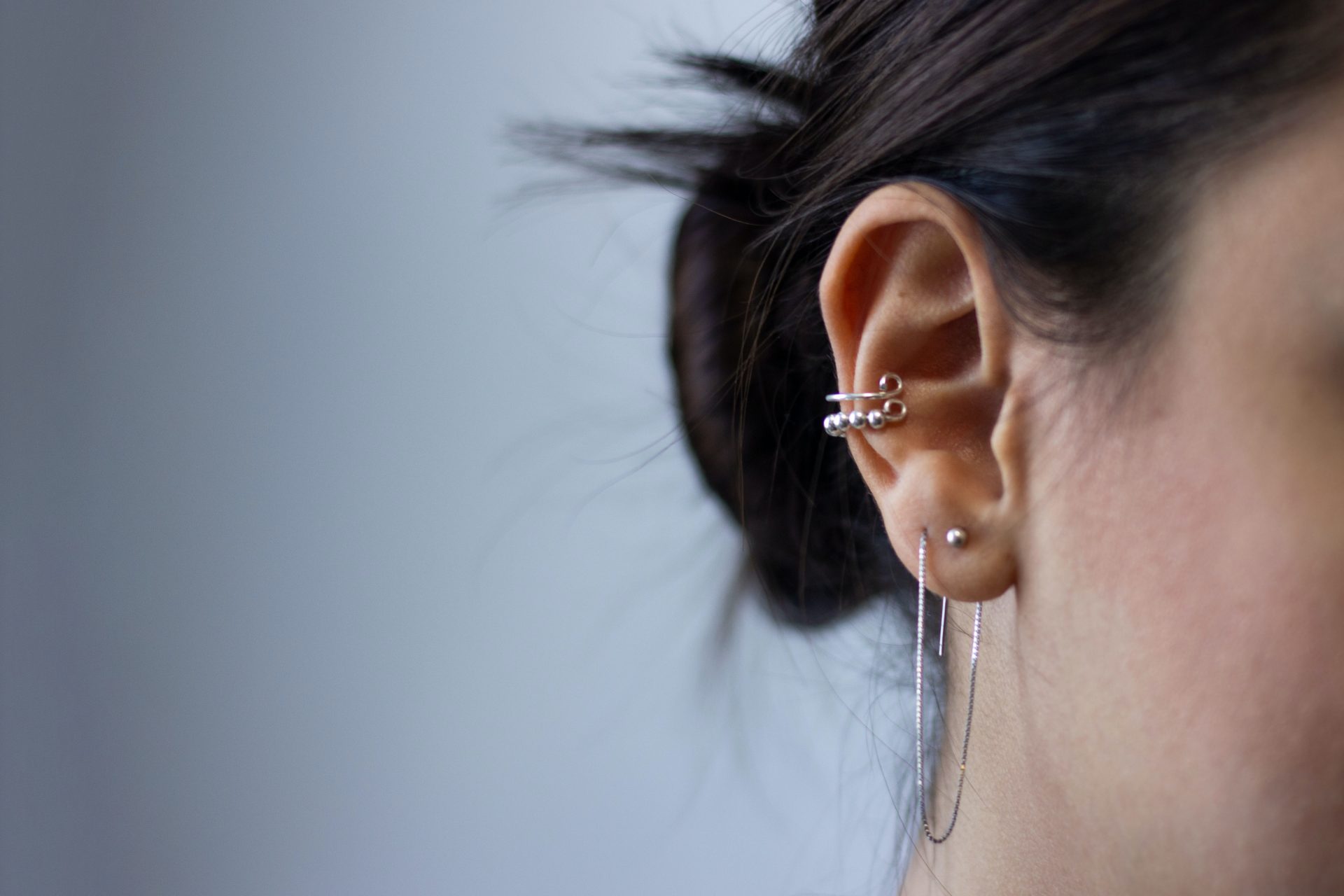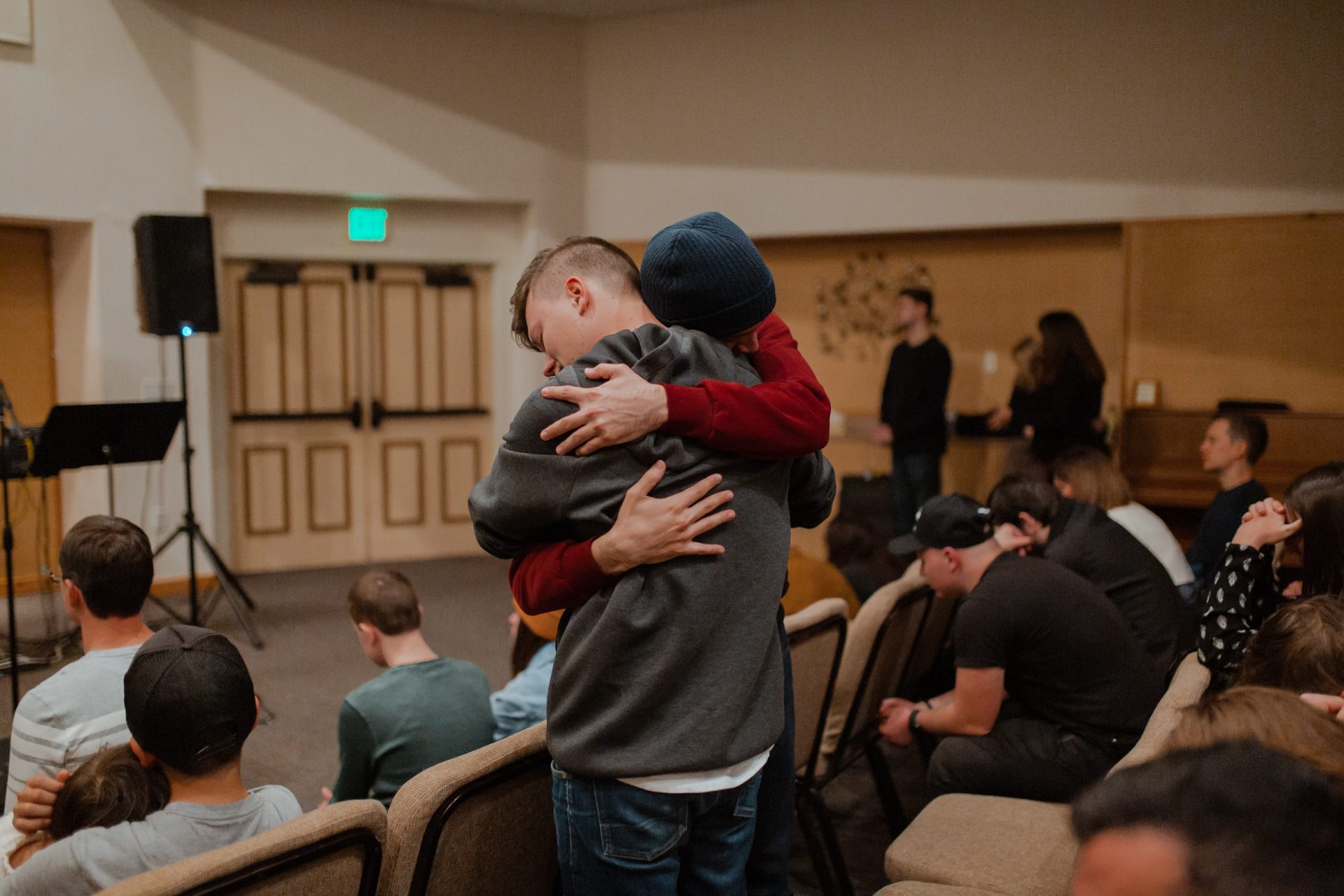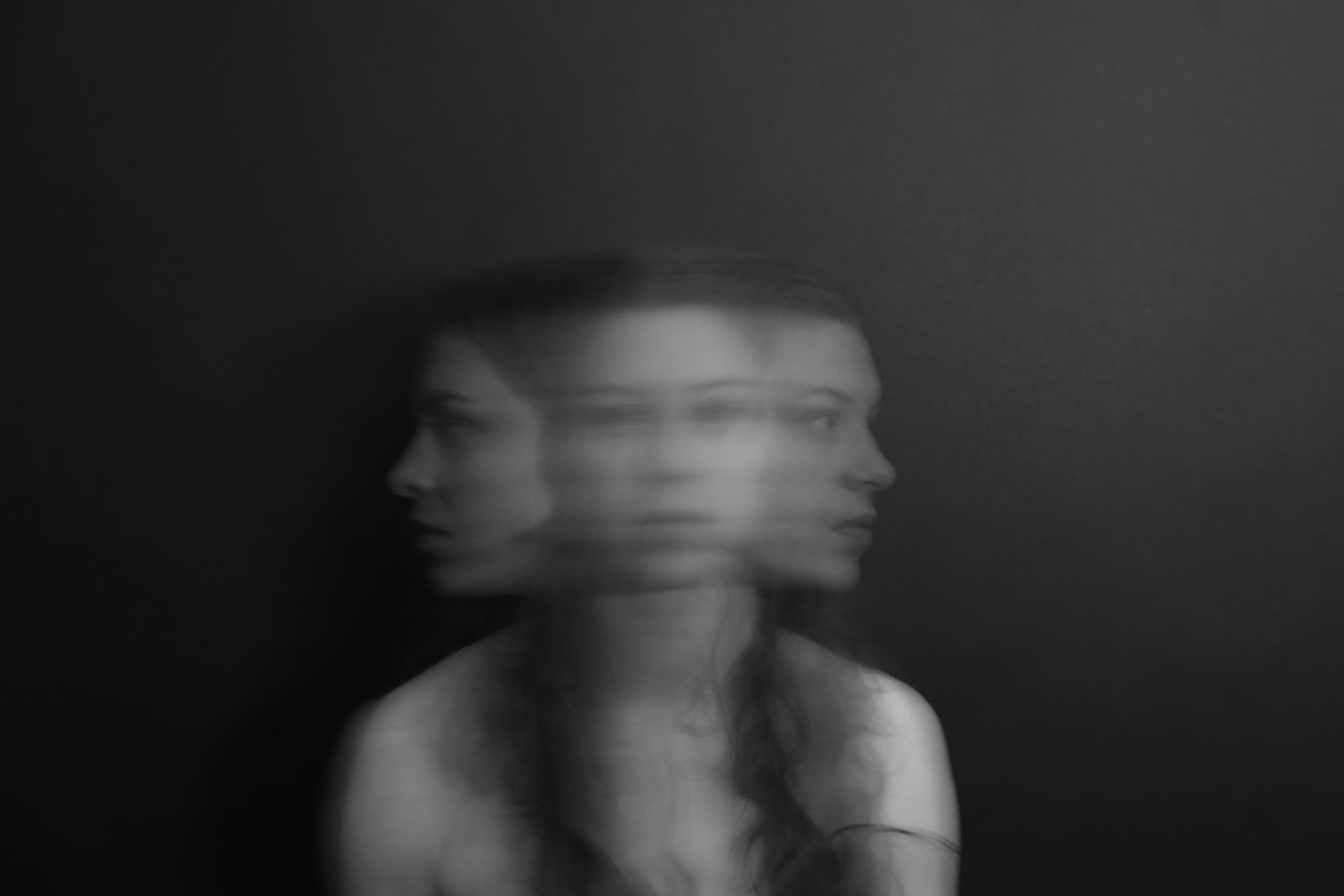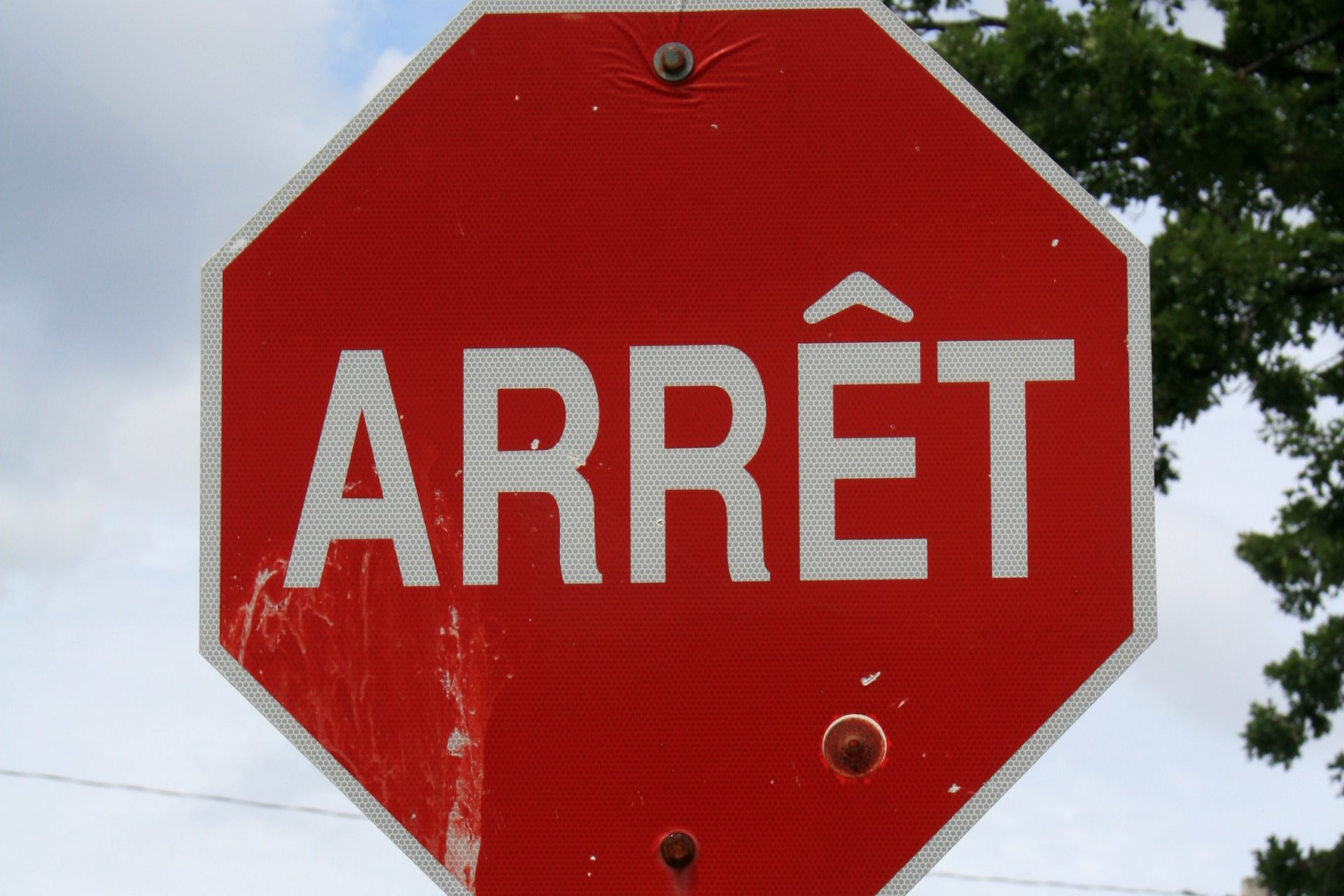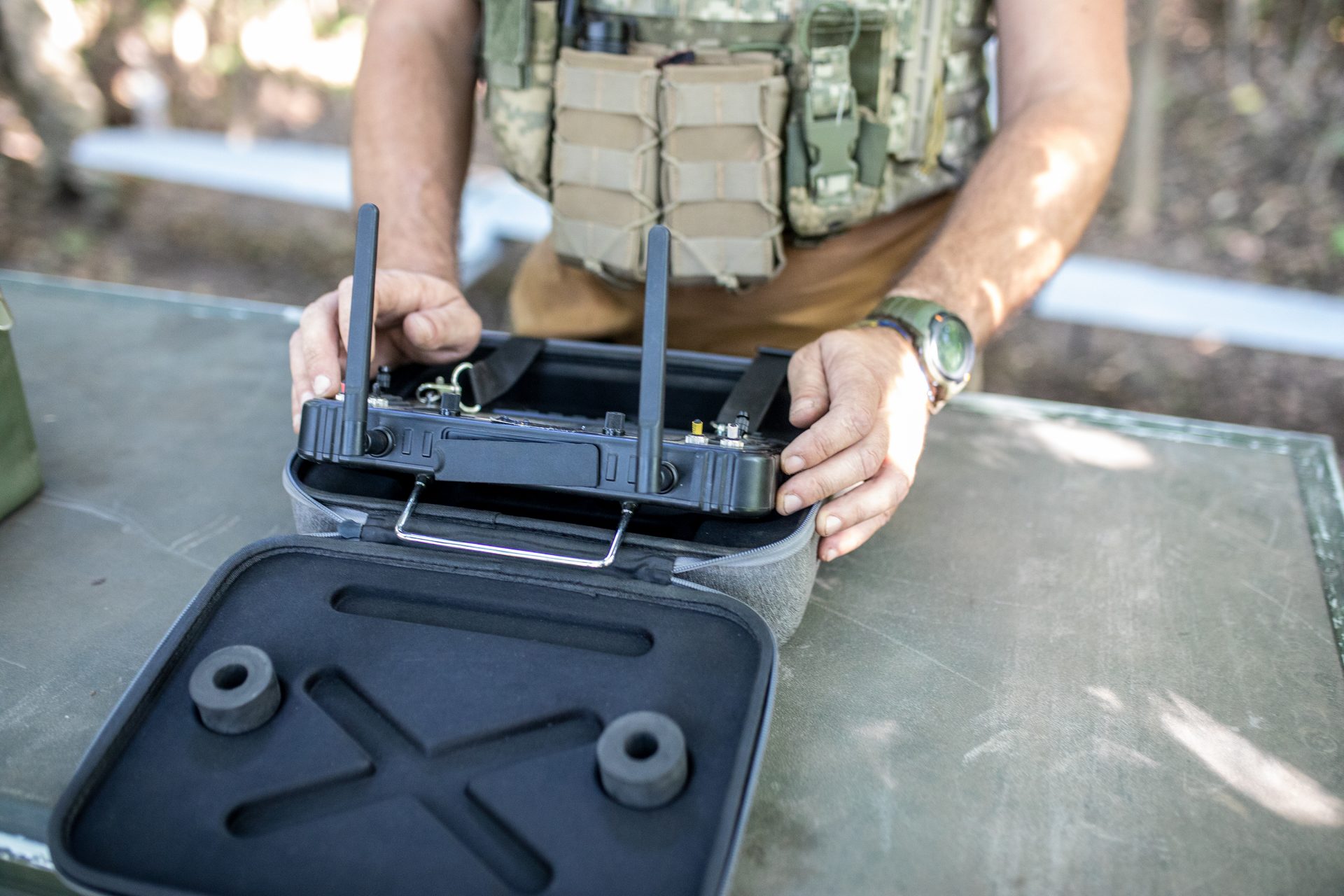A tricky condition
Face blindness can trick us into believing we recognize people we’ve never met or make us fail to recognize those we have, according to Harvard Medical School.
A neurological disorder
Also known as prosopagnosia or facial agnosia, it is described by the US National Institute of Neurological disorders and Strokes as “a neurological disorder characterized by the inability to recognize faces”.
Photo: Darius Bashar/Unsplash
Greek etymology
The term prosopagnosia comes from the Greek words “face” (prosopon) and “ignorance” (agnosia).
Photo: Javi Hoffens/Unsplash
What causes prosopagnosia?
Prosopagnosia can result from stroke, traumatic brain injury (TBI), or certain neurodegenerative diseases, such as Alzheimer’s, according to the US National Institutes of Health (NIH).
Photo: National Cancer Institute
Genetic prosopagnosia
However, it can also be congenital or present at birth, in the absence of any brain damage, according to the NIH.
Photo: Michal Parzuchowski/Unsplash
Congenital prosopagnosia runs in families
Congenital prosopagnosia, the health institute states, is the most common and appears to run in families, which makes it likely to be the result of a genetic mutation or deletion.
The link between prosopagnosia and autism
Moreover, several studies have showed that prosopagnosia is linked to autism and Asperger's syndrome and some statistics show that around 40% of people with autism have prosopagnosia symptoms.
Photo: Alireza Attari/Unsplash
Different types and degrees of face blindness
According to the UK National Health Service (NHS), there are different types and degrees of prosopagnosia, and so different people might experience different symptoms.
Photo: Clay Banks/Unsplash
Associative prosopagnosia
Some people may not be able to tell the difference between strangers or people they do not know well, while others may not recognise the faces of friends and family. The latter is known as associative prosopagnosia.
Photo: Andre Hunter/Unsplash
A severe degree
Some people might not even recognize their own face
or might struggle to tell the difference between a face, an animal or an object, according to the NHS.
Photo: Vince Fleming/Unsplash
Apperceptive prosopagnosia
Other symptoms of prosopagnosia cited by the NHS include difficulty recognizing emotions on peoples’ faces, which is known as apperceptive prosopagnosia.
Photo: Tengyart/Unsplash
Difficulty following plots and recognizing characters
People with face blindness may also have trouble following plots on tv series or films because of difficulty recognizing characters and might have difficulty deciphering peoples’ age and gender, the NHS says.
One in 33 people might have face blindness
One in 33 people (3.08%) may meet the criteria for face blindness, or prosopagnosia, a new study by Harvard Medical School show. Researchers said that those results translate to more than 10 million Americans.
Photo: GoAshape/Unsplash
How do they diagnose prosopagnosia?
Diagnosing prosopagnosia takes a combination of a neurological exam, asking questions about your history, diagnostic imaging and testing, according to Cleveland Clinic.
Photo: National Cancer Institute/Unsplash
Is there a cure for prosopagnosia?
Prosopagnosia isn’t curable, but some of the causes of acquired prosopagnosia are curable, for example, antibiotics can treat an infection that caused encephalitis that resulted in face blindness.
Photo: Aliata Karbaschi/Unsplash
Learning to cope with prosopagnosia
However, if you suffer from congenital prosopagnosia (since birth), the treatment will rely more on therapy and rehabilitation to help you better adapt to the condition.
Photo: Mathieu Stern/Unsplash
Identifying people by their voice
For example, a healthcare professional can help you train your hearing and provide context clues to identify people by their voice or other characteristic aspects, rather than by their faces.
Photo: Kimia Zarifi/Unsplash
Other tactics to get by
The NHS recommends telling people about the condition, putting name tags at coworkers desks, and making notes about peoples distinctive features such as hairstyle, jewelry and body language.
Photo: Jon Tyson/Unsplash
A support group can help too
Besides therapy and rehabilitation programs that specialize in helping with conditions like prosopagnosia, a support group can also help people cope with the condition while treating the mental health issues that arise with it.
Photo: Adrianna geo/Unsplash
Prosopagnosia and mental health
People who suffer from prosopagnosia or face blindness commonly struggle with anxiety in social situations because of feelings of shame or embarrassment at struggling to recognize people, according to Cleveland Clinic.
Photo: Christopher Ott/Unsplash
Social isolation
This may result in people isolating themselves or limiting social interactions, leading to depression and other health problems.
Photo: Taylor Deas Melesh/Unsplash



